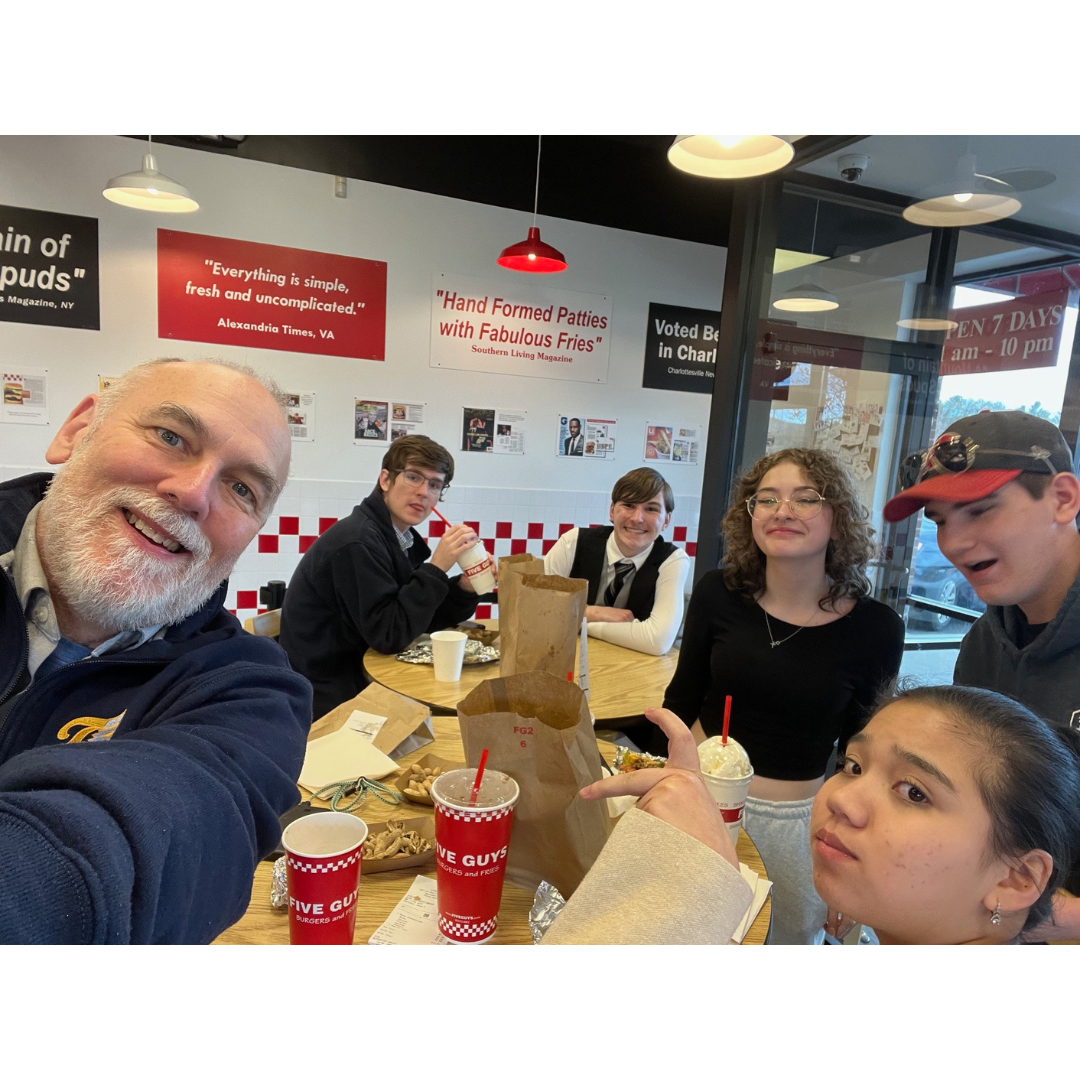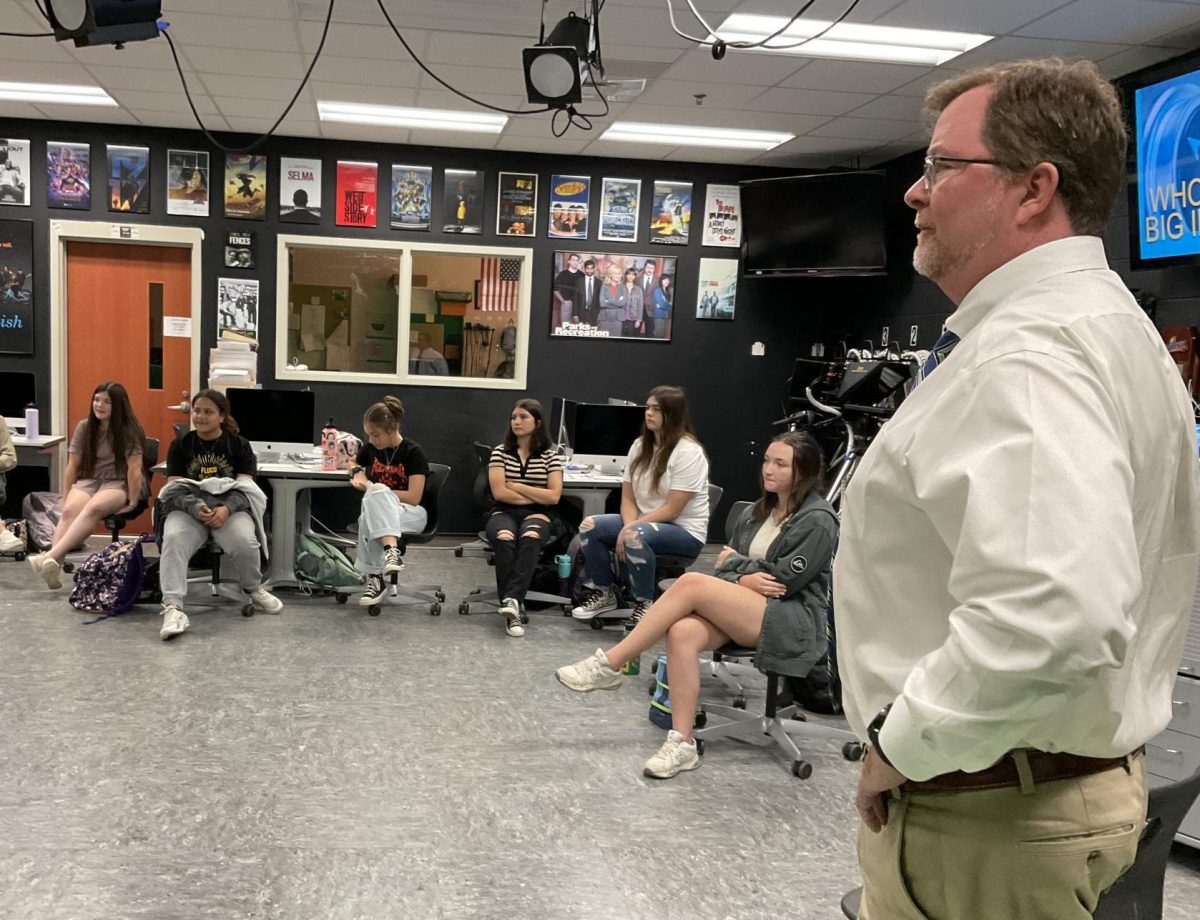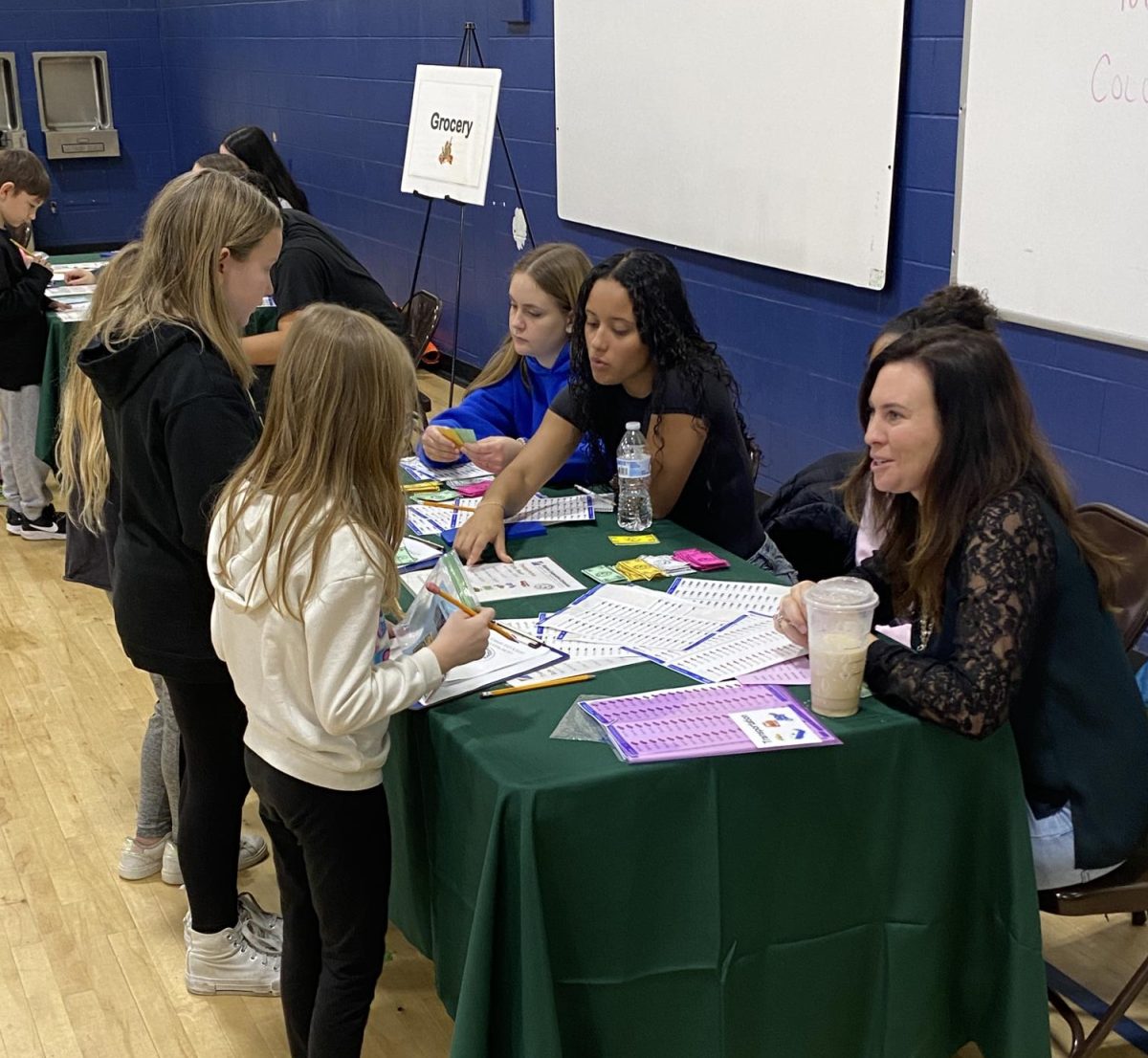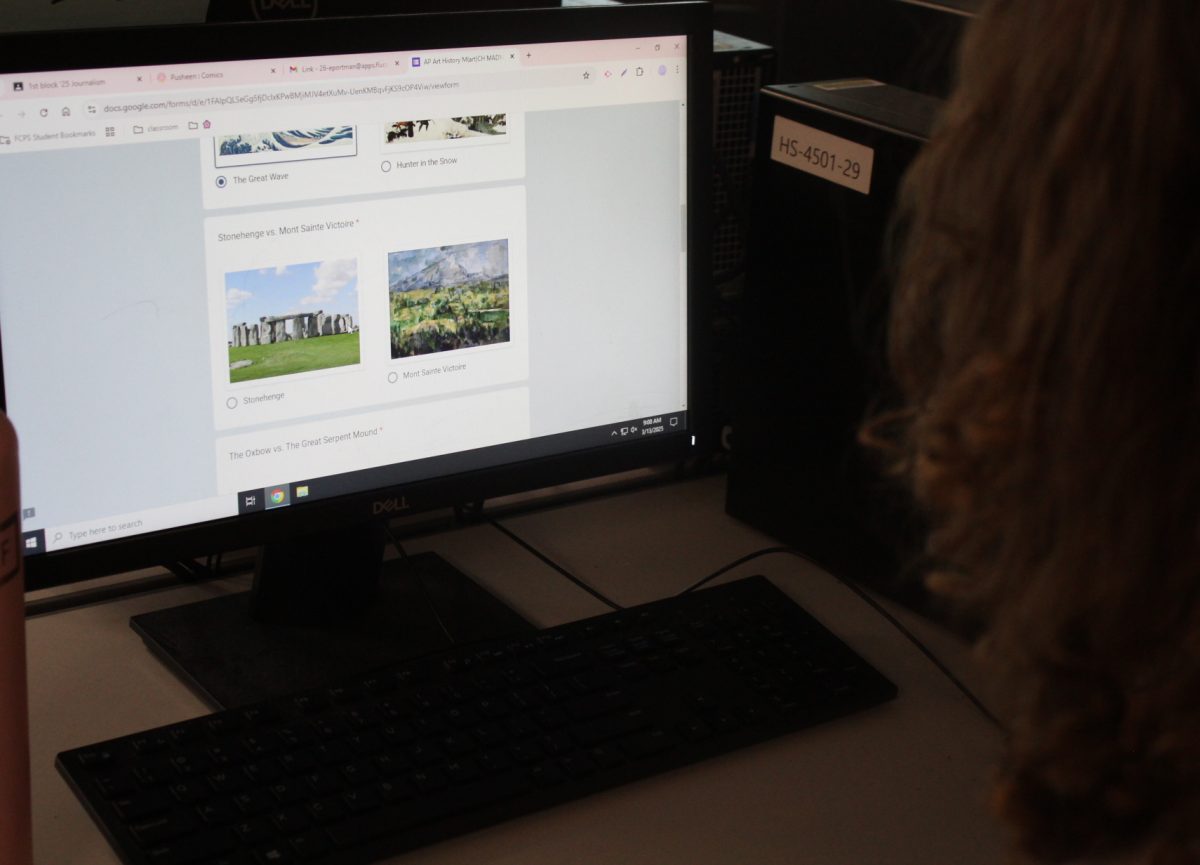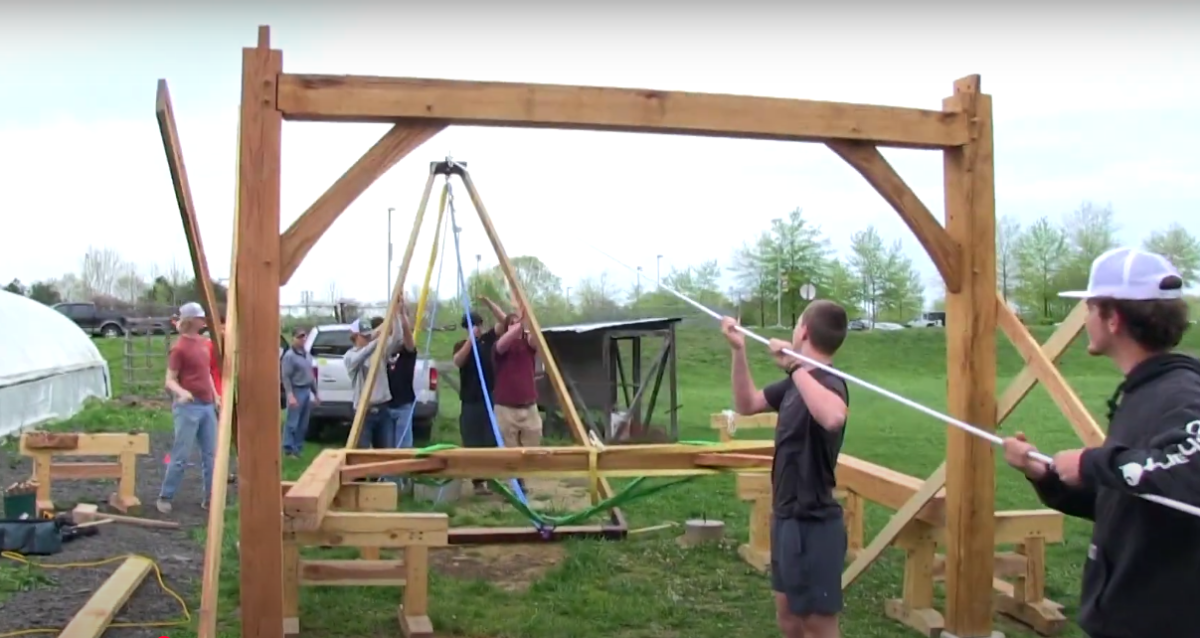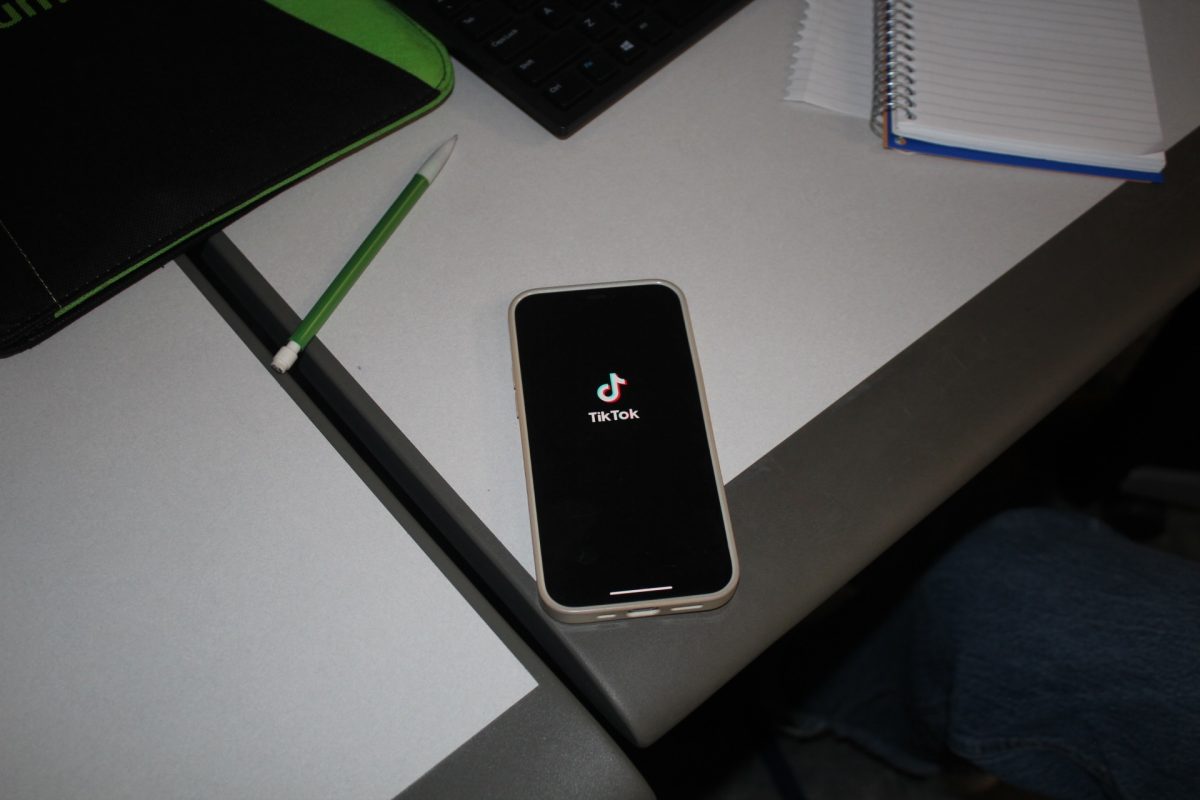For many people, presenting a speech in public is one of their biggest fears. For members of the Fluvanna Forensics team, public speaking is a passion and the reason for many long nights of preparation. However, this hard work has paid off for a few members of the Debate side of Forensics.
Under the umbrella of Forensics are Speech and Debate. The two are similar in that they are both heavily focused around public speaking, yet they differ in many ways. While Speech revolves more around acting or personal speeches, Debate is more research-oriented and deals with issues in the world today. Debaters have to know all sides of an issue and be able to make split-second changes to their arguments based on the side their opponent takes as well as their opponent’s understanding of the topic. This knowledge of what they are debating requires preparation, something that can concern the average student.
“Many people shy away from Debate because they’re worried about time commitment, but we really only have one practice a week and the prep is rather minimal. Comps are infrequent and most of the prep for them can be done in two days or less,” said senior captain Austin Feith.
Debate will get a topic weeks in advance on a certain political measure, and have to research the topic in order to form arguments both for and against such a topic. Speech, on the other hand, is more performative and categories are judged by whoso rehearsed performance is put together best. Debate has more of a direct competition style, where competitors must back up their facts and arguments in a way to better make their point, proving the opposing side wrong.
“The pressure on the Speech and Debate teams is very different. When speech starts, I expect students to have a piece prepared all ready in order to cut and revise, whereas for debate there is a shorter prep time. The research for debate is usually a dive into public events, history, and argumentation,” said Coach Luke Divine.
Debate’s Shenandoah Valley League season started late August or early September, giving proper preparation time for the first practice competition which usually takes place in October). The team had three practice competitions in total: one in October, one in November, and one in December. Then they had the Tournament of Champions (TOC) in January.
The 2024 Shenandoah Valley League (ShenVaFl) season ended with a successful win on January 20 at the TOC, where Fluvanna Forensics left with a win. The team had snow days prior to the competition, giving them extra time for prep. For more on the TOC, check out this article.
After ShenVaFl, it was time for the Debate team to shift their focus to VHSL competitions. The VHSL season is from mid-March to late April, giving students some down time in between seasons.
“We get a good break in between the seasons, so I can use that time for prepping. It’s a good down time,” said Feith.
On April 6, the team ended their spring break early and competed in the Super Regional Tournament at Turner Ashby High School, where schools competed and only selected students moved to the next step of the end-of-year competitions.
Four FCHS students qualified for the State Tournament taking place April 26 and 27 at JMU. Sophomore Andrew Jamison finished second in Lincoln Douglas Debate, while senior Austin Feith added to his resume by finishing third in Student Congress. Also qualifying in Student Congress were senior Matt Gresham and sophomore Vanessa Vandevander. Sophomore Marianna Dimagnaong is also an alternate for Congress.

